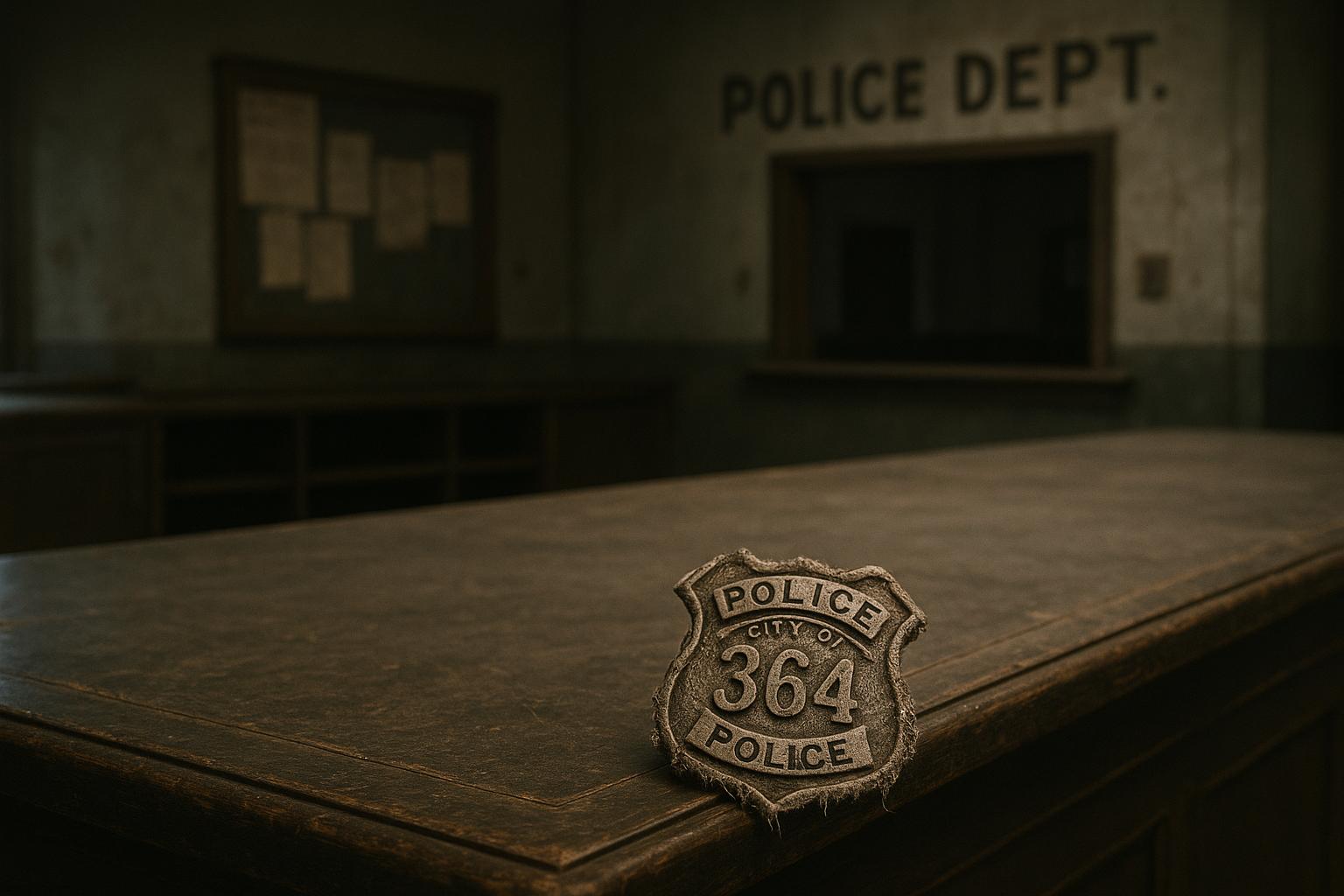Trade union leaders and community representatives have voiced serious concerns over the Metropolitan Police’s decision to close half of London’s police station front desks, warning that this poorly thought-out move will only strengthen the grip of crime on our capital. The force plans to slash public-facing counters from 37 to just 19, with only eight remaining open around the clock—a blatant breach of the Mayor’s manifesto pledge to keep at least one 24-hour front desk in each borough. Such reckless cuts threaten to leave communities feeling more abandoned than protected.
Unite, the largest trade union representing police staff, has condemned these closures as “incredibly short-sighted.” Their general secretary has warned that this reckless move will fuel a rise in crime, lead to more unreported incidents, and heap unnecessary stress on officers and staff already stretched thin. Unite even warns that more than 100 police jobs are at risk as a result of these cuts, which are being pushed through without proper consultation or regard for public safety. Communities in areas like Dagenham, Edmonton, and Chingford—areas already seeing rising crime—are being targeted for further neglect. Unite has signalled it will organise protests outside police stations, spotlighting their opposition to these damaging plans.
Critics highlight that these closures will lead to additional pressure on overstretched call handlers, as more victims will have to report crimes via phone or online instead of face-to-face. Vulnerable groups—elderly, disabled, and non-English speakers—will find it even harder to access help when they need it most, risking a dangerous rise in unreported crimes and a decline in community trust. One front desk worker warned that these closures could discourage reporting altogether, making London’s streets “even more dangerous.”
The Metropolitan Police defend the cuts as necessary cost-saving measures amid a £260 million shortfall. They claim that front counters accounted for just 5% of crime reports last year, with a mere 1% coming in after hours. At their busiest, fewer than 15 crimes were reported daily at the counters—less than one every hour—and some sites see as few as 2.5 reports per day. The police argue that the £7 million saved and 3,752 hours of officer time each month can be better used on neighborhood policing and frontline community work. They promise formal consultations with unions and stakeholders will follow once the plans are finalized.
But, considering the relentless funding cuts since 2010—amounting to over £600 million and bringing police station front counters down from 136 in 2013 to just 73 today—the police cannot hide from the reality that these cuts undermine the very safety they are supposed to protect. Sadiq Khan—who has already broken his promises to keep policing levels high—has shown little real concern for communities being left in the dark. Instead, he uses the government’s financial shortfalls as an excuse to retreat from his responsibilities, claiming that crime reporting is now predominantly phone and online-based, and that front counters are obsolete. This reckoning ignores the rise in violent crime—up by 40% over the last decade—and the alarming increase in phone thefts, with nearly 117,000 devices stolen last year alone.
Opposition voices have accused Khan of betraying his election promises and have condemned the lack of transparency over which stations will lose services. Local MPs and London Assembly members have called the secrecy “unacceptable,” fearing that communities will lose vital points of contact with police—further alienating residents and undermining trust in law enforcement at a time when crime is spiraling out of control. The Conservative opposition has sharply criticised the Mayor for hiding behind financial excuses, alleging that his failure to prioritize public safety is putting Londoners at even greater risk.
In truth, while the police and Khan tout these closures as “pragmatic” responses to financial pressures, they are ignoring the reality that community safety is being sacrificed on the altar of austerity. Instead of protecting the public, these cuts will embolden offenders, make reporting more difficult, and widen the gap between police and the communities they serve. As consultations inch forward, it’s clear that the only agenda being advanced is one of budget-driven neglect—one that risks turning London into a more dangerous and less accessible city for those who rely on police services the most. This reckless approach must be reversed before we pay a far higher price in lives and safety.
Source: Noah Wire Services
